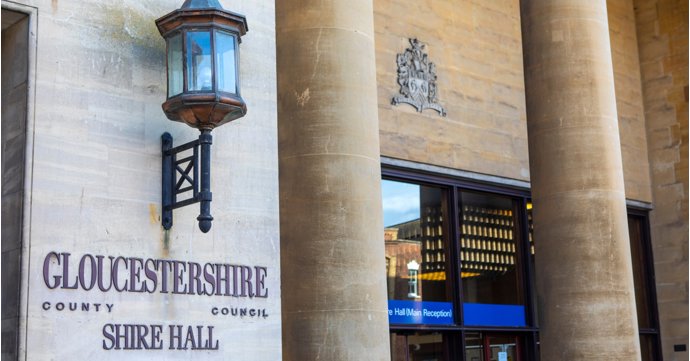SoGlos spoke with Hazlewoods’ tax partner Nick Haines to get an early insight into what the 2021 Budget might look like for Gloucestershire businesses.
The general consensus is that it would be premature for the chancellor, Rishi Sunak, to introduce significant tax hikes now to begin recouping the estimated £300 billion spent on Covid-19 support.
This is further supported by the Budget being framed as an opportunity to set out the next phase of support for the Covid-19 pandemic and the protection of jobs.
What will be announced in the Budget 2021?
Following the Prime Minister’s latest announcement, of a roadmap to easing lockdown restrictions, we are almost certainly expecting an extension to the furlough scheme. The scheme is currently expected to run until 30 April 2021, however, it seems likely that this will be extended further until all restrictions have been lifted.
Details of further support for employers, beyond the furlough scheme, may also be announced. This could include a possible incentive for the retention of employees, similar to the £1,000 bonus originally announced, but then later repealed with the extension of the furlough scheme.
Details of the fourth SEISS grant will also be announced, including the amount that can be claimed and any further eligibility criteria that will be imposed. A fifth grant may also be on the cards, in line with any extension to the furlough scheme.
What could be announced in the Budget 2021?
Although any big tax announcements seem unlikely, there are several rumours and hints of some measures that may be published including:
Increasing the rate of corporation tax (CT)
The CT rate currently stands at 19 per cent and is one of the lowest in the G20. Increasing the rate of CT is likely to be an easier win than raising income tax, as rates are low and it would feel less personal. The Conservative manifesto did, however, pledge there would be no CT rate rises during its term in Parliament. Having said that, the Government could legitimately use the get-out clause that it could never have predicted the pandemic at the time the manifesto was written.
Changes to the capital gains tax (CGT) regime
The Office of Tax Simplification (OTS) issued its first report on simplification of the CGT regime in November 2020. A number of recommendations were given, including aligning the rates of CGT to those of income tax and replacing business asset disposal relief (formerly entrepreneurs’ relief) with a relief more focussed on retirement.
The Government does not need to act on any of these recommendations, and now may be too soon to do so. It could, however, be an easy win to increase its tax take whilst only affecting a small minority of taxpayers.
These rumours have caused a flurry of activity in recent months, with transactions being accelerated prior to Budget day in case of any such announcement. It should be noted, however, that the Government could bring in transitional rules which may negate any planning that has taken place in an attempt to bank CGT at the current rates.
Stamp duty land tax (SDLT) reform
Rumours of a complete overhaul of SDLT have been circulating, including abolishing SDLT, along with council tax, altogether and replacing them with a new ‘annual property tax’.
In the short term, however, we would expect that it is more likely for the Chancellor to announce an extension to the reduced SDLT rates for sales of residential property. This measure is expected to end on 31 March 2021 but extending this by a few months, or at the very least having a tapered withdrawal, would be an easy win for the Government.
Post-Brexit measures in the Budget 2021
Following Brexit, the Government may also look to tweak some rules which they have been previously unable to do.
This could include some changes to certain VAT rules and the simplification of innovation taxes, under both the research and development and patent box regimes.
Hazlewoods will be writing its immediate reaction to the chancellor’s Budget speech, exclusively published in SoGlos’s Business newsletter on Thursday 4 March 2021. Sign-up to receive the wekly SoGlos business newsletter, if you are not already subscribed.
For more information, see hazlewoods.co.uk.


















